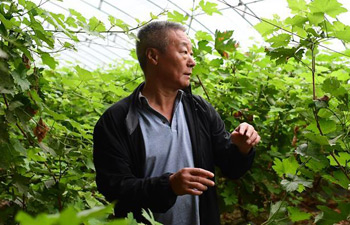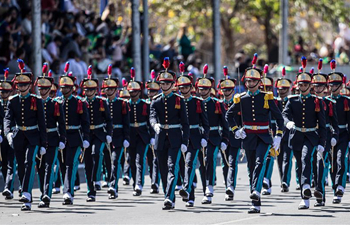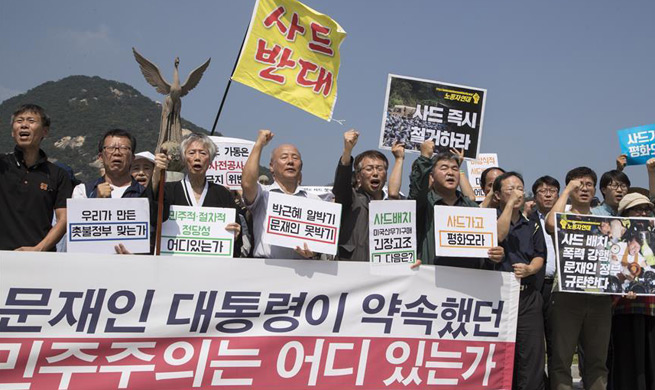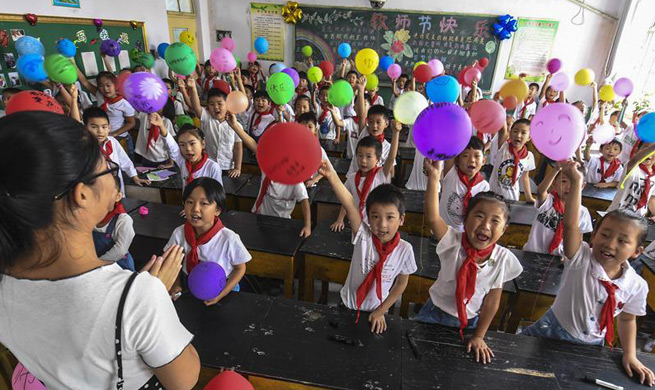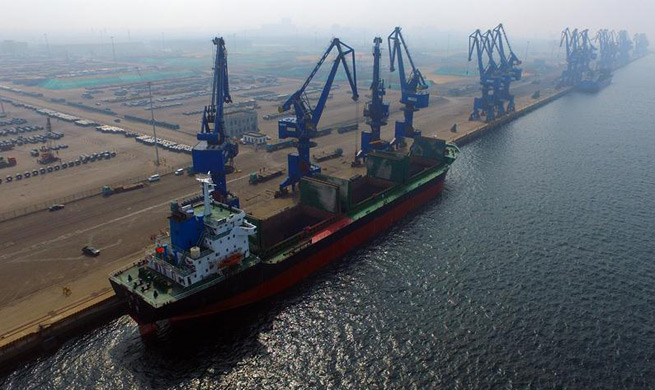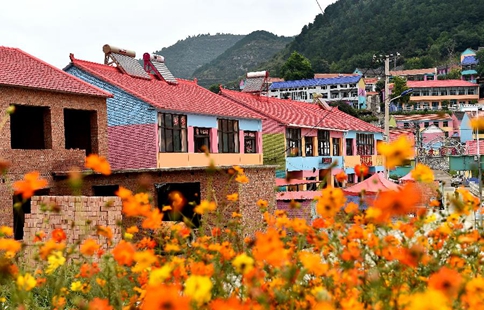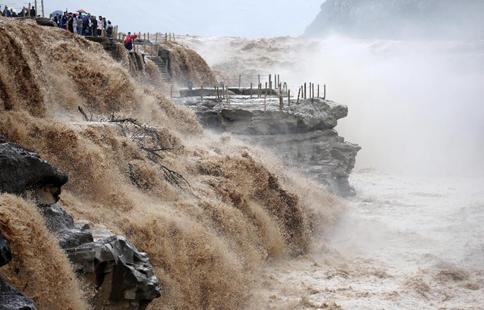by Julius Gale
JUBA, Sept. 8 (Xinhua) -- The UN education and cultural agency on Friday called on the South Sudanese government and donors to invest more resources into the education sector to reduce alarming illiteracy rates in the East African nation.
Sardar Umar Alam, Representative of the United Nations Educational, Scientific and Cultural Organization (UNESCO) in South Sudan, said the war-torn country has one of the highest illiteracy rates in the world, currently standing at 73 percent.
He said the country's education sector remains largely under-funded by both donors and state, calling for more effort.
"The education sector is the least funded among other sectors. So we have to appeal that if education is a solution for economic development, for peace development and prosperity of a community, it has to be addressed and more resources should be given to education internally and externally," Alam said.
Alam said the ongoing civil war in South Sudan has increased the education crisis as 1.8 million school-going children are currently out of school.
"Only 27 percent is literate and 73 percent are illiterate. So it is alarming number. Almost 3.8 million people are either refugees or displaced so to provide any services including education services is quite difficult and challenging," he added.
South Sudan's education indicators remain among the worst in the world caused by protracted conflicts and under funding.
A report by UN children's agency (UNICEF) released in September 2016 said the East African country is the second country in the world after Liberia with the highest proportion of out-of-school children.
Official data from the ministry of education shows annual allocation to education for the fiscal year 2017-2018 stood at 9 million U.S. dollars, less than the total 10 percent stipulated by law.
Deng Deng Hoc Yai, Minister of General Education, said this year's government allocation is not enough to provide quality education throughout the country, adding that the government would seek alternative funding to increase the number of teachers from the current 40,000.
He said the government has developed a five-year strategic plan that seeks to improve access and quality of education in South Sudan.
"In order for us to change the current situation, we need every individual in the country to take literacy and education generally seriously," he added.




